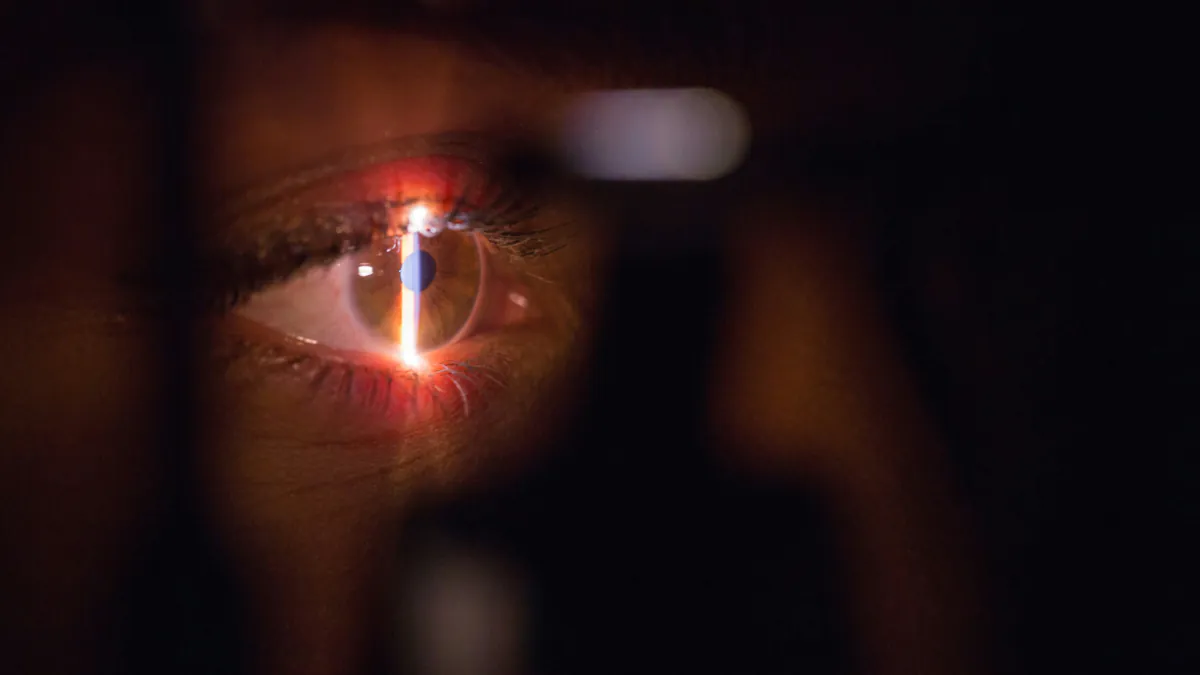Every Friday, we take a look at some of the early-stage spinouts and university-linked startups that caught our eye over the past week. We find out what they’re working on, how much money they’ve raised and who’s backing them.
Do you have a company you’d like to be considered for the Friday Five? Email us!
Astratus fights antimicrobial resistance
Antimicrobial resistance is a major healthcare concern, and it’s only getting worse. One solution is to try and avoid prescribing the wrong kind of antibiotics, but figuring out which is the best drug isn’t always straightforward.
Astratus is a new spinout from the University of Reading, launched to commercialise a fully customisable, ultra-high-throughput and rapid antimicrobial susceptibility testing platform. The test delivers results within six hours from a urine or bacterial sample to help doctors choose the ideal antimicrobial to treat an infection. Astratus hopes to sell the test from early next year.
Astratus was founded by a team of researchers and faculty at Reading – Oliver Hancox (CEO), Julie Hart, Alexander Edwards, and Sarah Needs. The spinout anticipates that its platform could also serve to develop new drugs or therapies and investigate biofilms.
The spinout has benefited from a £294,786 Innovate UK grant, awarded in November 2024.
Hirundo makes AI forget bad data
If you’ve ever used an AI (and who hasn’t these days), you’ll be all too aware that they’re prone to bias and hallucinating “facts”.
Hirundo, based in Israel and the UK, is working on technology to make artificial intelligence forget inaccuracies that have crept into the model. In doing so, the startup aims to have AI generate safer and more trustworthy output, particularly in an enterprise setting.
Co-founded by Israeli institution Technion’s emeritus professor Oded Shmueli, the startup has raised $8 million in seed financing led by Maverick Ventures Israel, with participation from SuperSeed, Alpha Intelligence Capital, Tachles VC, AI.FUND and Plug and Play Tech Center.
The technology currently works on open-source models like Llama and Mistral. Hirundo plans to expand this to proprietary models like Claude and ChatGPT soon. It claims its technology has already been shown to remove up to 70% of biases in the DeepSeek–R1 model, and an 85% decrease in successful prompt injections in Llama.
Lembas makes you less hungry
Yes, like the Elven bread from The Lord of the Rings, which keeps intrepid heroes full after just one bite.
There’s a reason Lembas, newly emerged from stealth, picked that name.
Lembas officially launched with $3.6 million in pre-seed funding to commercialise an AI-powered bioactive peptide discovery platform this week. The first peptide that Lembas is marketing to food producers stimulates the gut to produce more GLP-1, helping consumers feel fuller for longer.
Lembas is positioning itself as supporting metabolic health rather than as a diet. Its approach gives the consumer a feeling of being full after finishing their meal. The effect lasts for about six hours, so you naturally get hungry when it’s mealtime. “It’s important to feel these ups and downs. It is good for your health,” chief technology officer Zohar Barbash tells Forbes.
Barbash, like co-founder Maayan Gal, is a researcher at Tel Aviv University, which has a patent pending for Lembas’s technology.
The pre-seed round was led by FLORA Ventures, which incubated the startup. Bluestein Ventures, Fresh Fund, Longevity Venture Partners, Maia Ventures, Siddhi Capital, Mandi Ventures and SDH have also invested.
OrisDX detects oral cancer early
The University of Chicago is making one of its first investments through the recently launched Harper Court Ventures Fund I by backing spinout OrisDX, which closed a $4 million seed round on Tuesday to drive the commercialisation of a saliva-based multiomic platform for early oral cancer detection.
The round was led by Revere Partners, with additional participation from the University of Chicago Medical Center through UCM Ventures, CareQuest Innovation Partners, the investment arm of the CareQuest Institute for Oral Health, and the state-run Illinois Innovation Venture Fund.
OrisDX’s test is a non-invasive oral rinse with 93% sensitivity and 99% specificity. The spinout says this vastly improves on the visual assessment that catches only 20% of oral cancers, leading to hundreds of thousands of biopsies.
OrisDX previously took part in SMILE Health, an accelerator run by CareQuest Innovation Partners.
Somnee improves sleep quality
Wouldn’t it be nice if you could solve insomnia with a headband? Somnee says you can.
Co-founded by University of California, Berkeley researchers, the spinout has secured $10 million in a seed extension led by Khosla Ventures. Contributions also came from TIME Ventures, LEAD VC, the DeVos family (which owns the US basketball team Orlando Magic), Seaside Ventures, Nelstone Ventures, Metalab, and undisclosed others.
The spinout markets a headband to help users fall asleep faster and maintain better sleep quality. The headband relies on electroencephalogram and AI technology to map the wearer’s brain activity and deliver a gentle, personalised stimulation. The technology outperforms melatonin by four times, cognitive behavioural therapy for insomnia by two times and sleep medication Ambien by two-and-a-half times, according to two small-scale clinical studies.
The capital will allow Somnee to move towards the launch of its second-generation headband, which is currently being trialled with select basketball teams through the NBA Launchpad programme.
If you have a spinout or startup with a university link that you’d like considered for the Friday Five, don’t forget to email us!
This list is for informational purposes only. It does not constitute investment advice.



